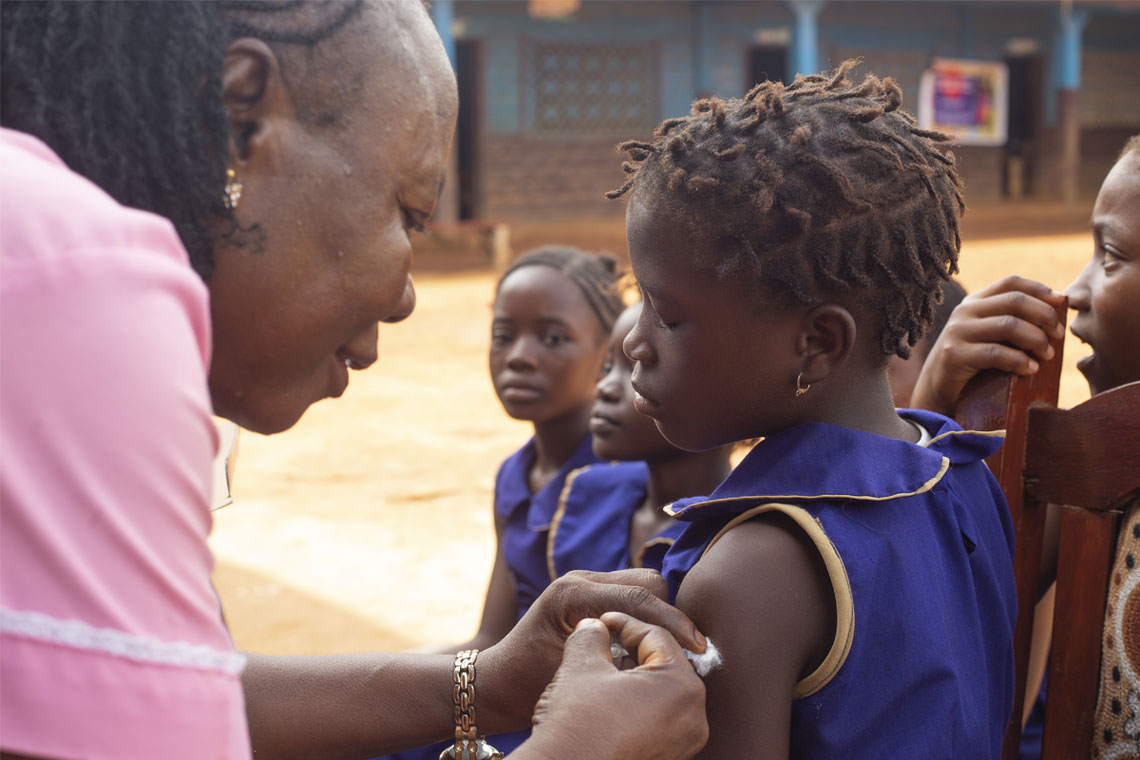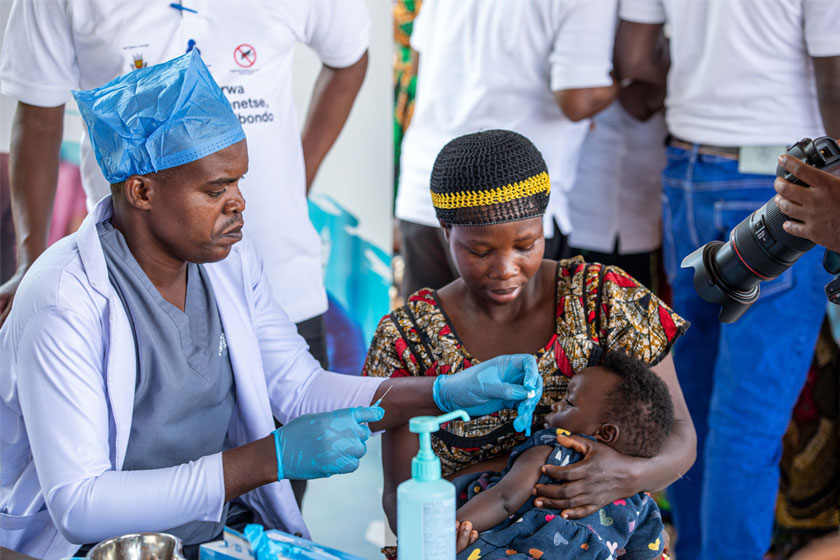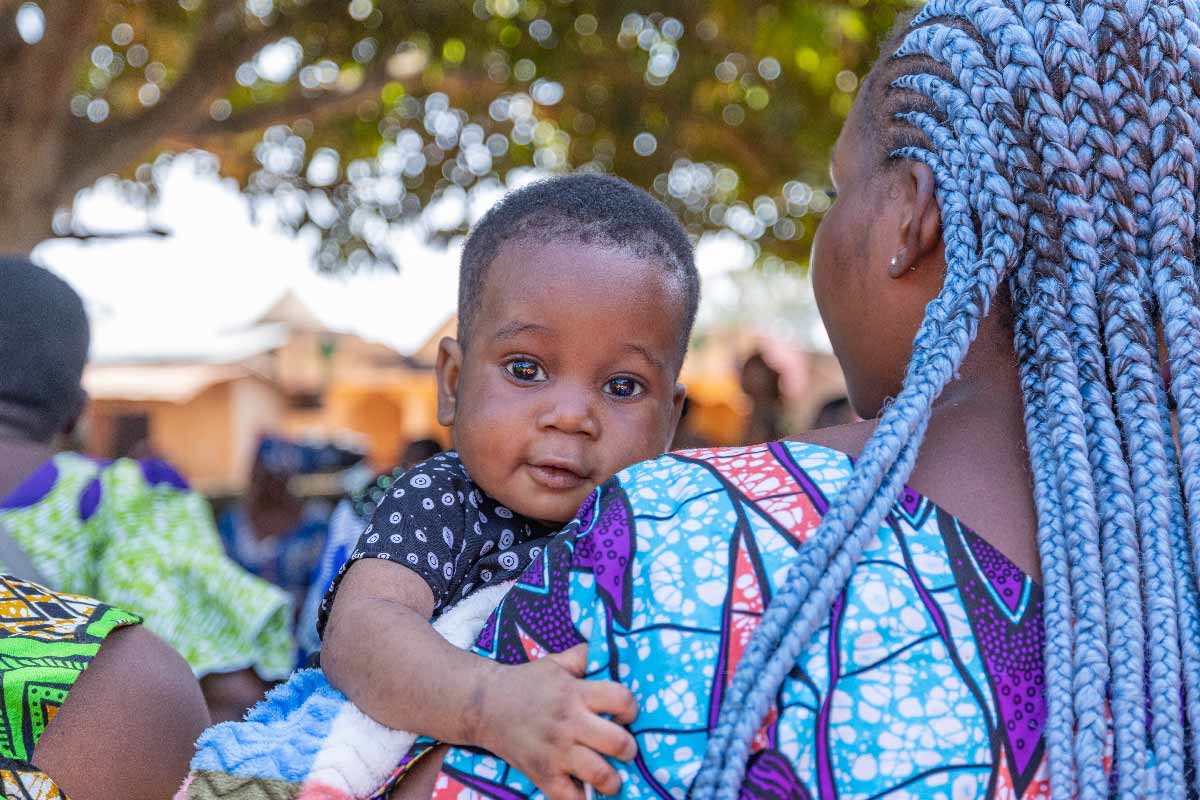Q&A with Jonathan Stambolis, CEO of Zenysis Technologies
Zenysis is an advanced analytics software company. Their platform helps countries harness the life-saving power of data to improve the delivery of essential health services, like childhood vaccination, and to fight infectious disease outbreaks.
- 18 May 2020
- 4 min read
- by Gavi Staff
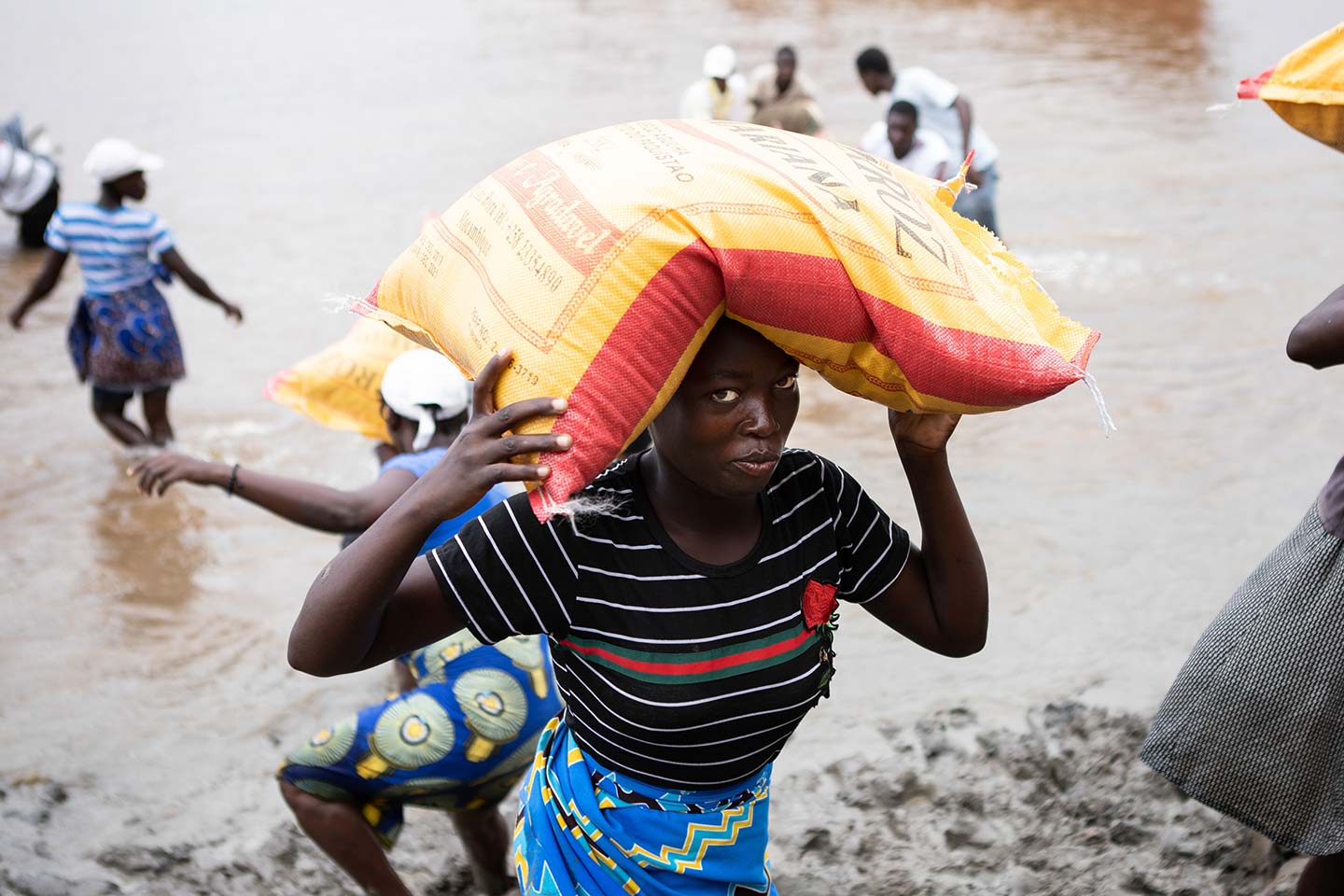
What problem is Zenysis trying to solve?
There's never been more data available to improve public health. But this data is often scattered across many different information systems that don't talk to each other. This makes it difficult for decision makers to see a complete picture of their health systems and use their data to improve health outcomes.
Our integration and advanced analytics platform solves this problem by quickly integrating data from many different systems into a single analytical view for decision makers. It allows them to combine and analyse data from these different systems in novel ways and uncover insights they can use to transform health system performance and save lives.
How is Zenysis currently helping the COVID-19 response?
One of the biggest challenges we're facing with COVID-19 is that we're fighting an exponentially growing pandemic with limited tools. There are no known therapies and no vaccine. But we do have one very powerful tool that can move faster than the virus. And that's data. The small number of countries that have flattened the curve have all done so by leaning heavily on technology and data in their response.
Zeynsis has already helped three Gavi-supported countries establish virtual control rooms to support their response to COVID-19. These control rooms provide decision makers with real-time analytics on test results coming in from laboratories, supply chain data on the availability of diagnostic kits, personal protective equipment and ventilators, human resources data, population mobility data and more. They also help countries monitor the pandemic’s impact on other vital programmes, like routine immunisation.
Can you provide other examples of when Zenysis was deployed?
In 2019, Mozambique was hit by cyclones Idai and Kenneth. They caused significant loss of life and property, and triggered cholera outbreaks in the country. The government of Mozambique teamed up with Zenysis Technologies, an advanced analytics software company, to mount an effective data driven response to this public health emergency. As a result, the government and its partners, including Gavi, was able to reduce the number of new cholera cases from 400 per day to zero in less than a month. Watch the video and read the Q&A with Jonathan Stambolis:
By responding to the outbreak in a data-driven way, the government and its partners, including Gavi, were able to reduce the number of new cholera cases from 400 per day to zero in less than a month. This is an inspiring example of the remarkable results we can achieve by harnessing the combined power of vaccines and data to save lives, even in the aftermath of a major disaster.
We are also very proud of the work we have done with The Global Fund and NACOSA, delivering a range of HIV prevention programmes to key populations in South Africa, including sex workers. They used our platform to integrate programme and finance data from more than 30 sources to assess how effectively it was serving 200,000 sex workers individually. The result was actionable insights used to make significant programme changes to help ensure that HIV-negative sex workers in South Africa stay negative.
How can big data and AI be used to prevent disease outbreaks?
Forecasting is one of the most promising applications for AI in global health. By training machine learning algorithms on historical data, we can develop highly accurate predictions of the future. For example, we could layer malaria incident data with seasonal rainfall data to predict disease outbreaks. These predictions could not only help countries stop outbreaks before they start, but also eliminate challenges like vaccine stockouts, which can have a big impact on immunisation coverage and the likelihood of outbreaks.

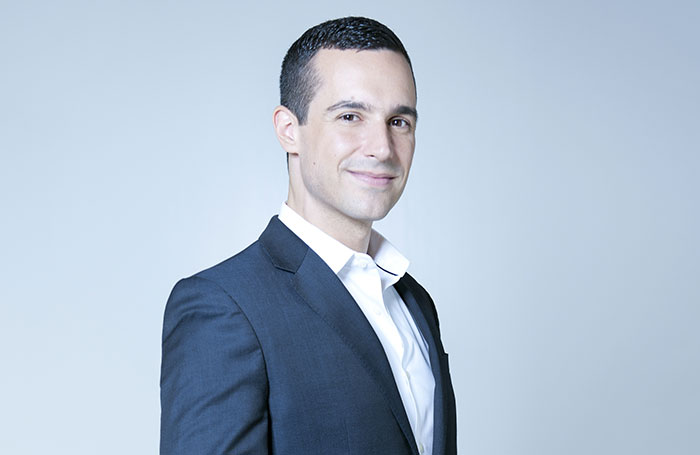
Jonathan Stambolis, CEO of Zenysis Technologies
